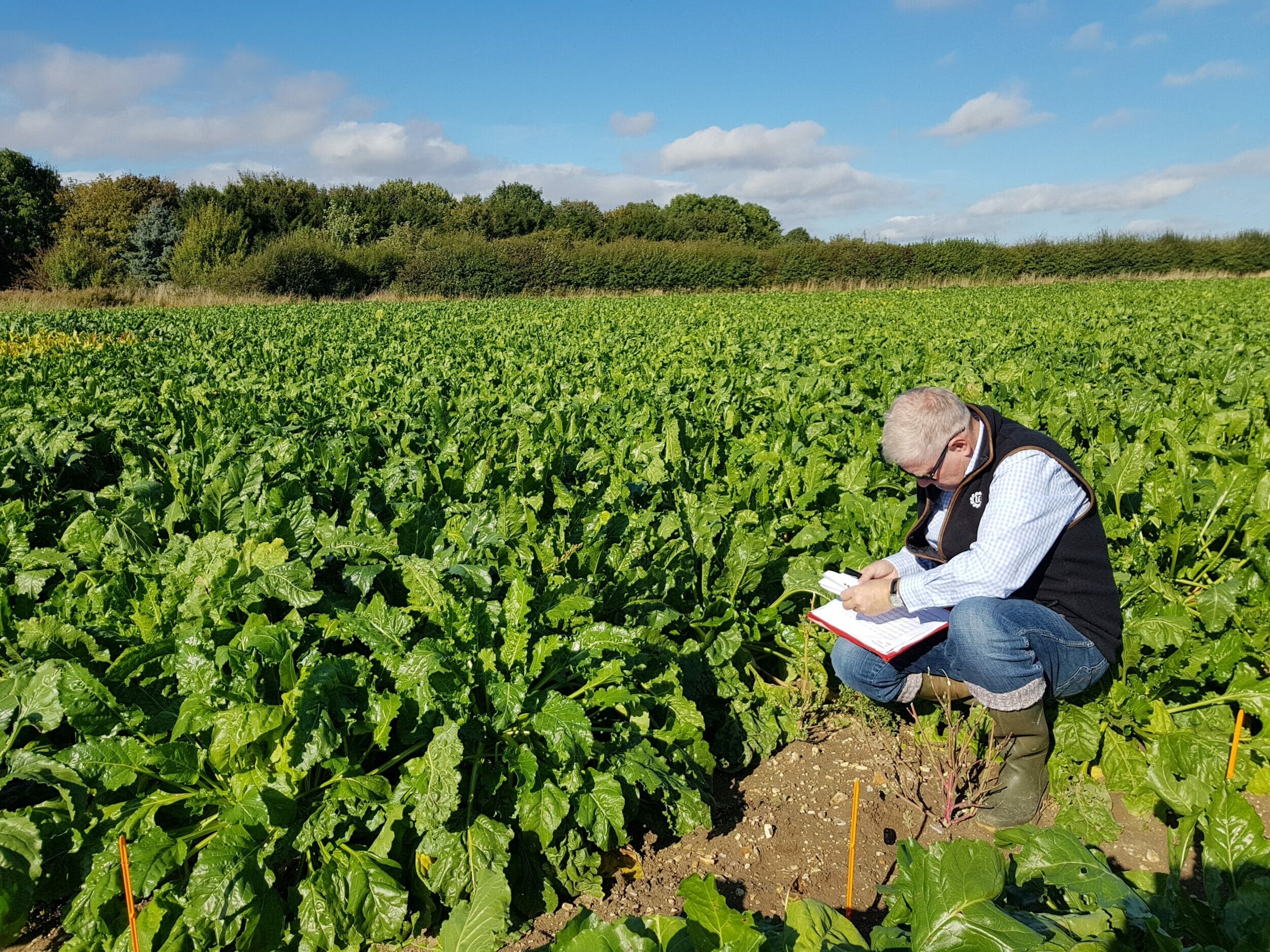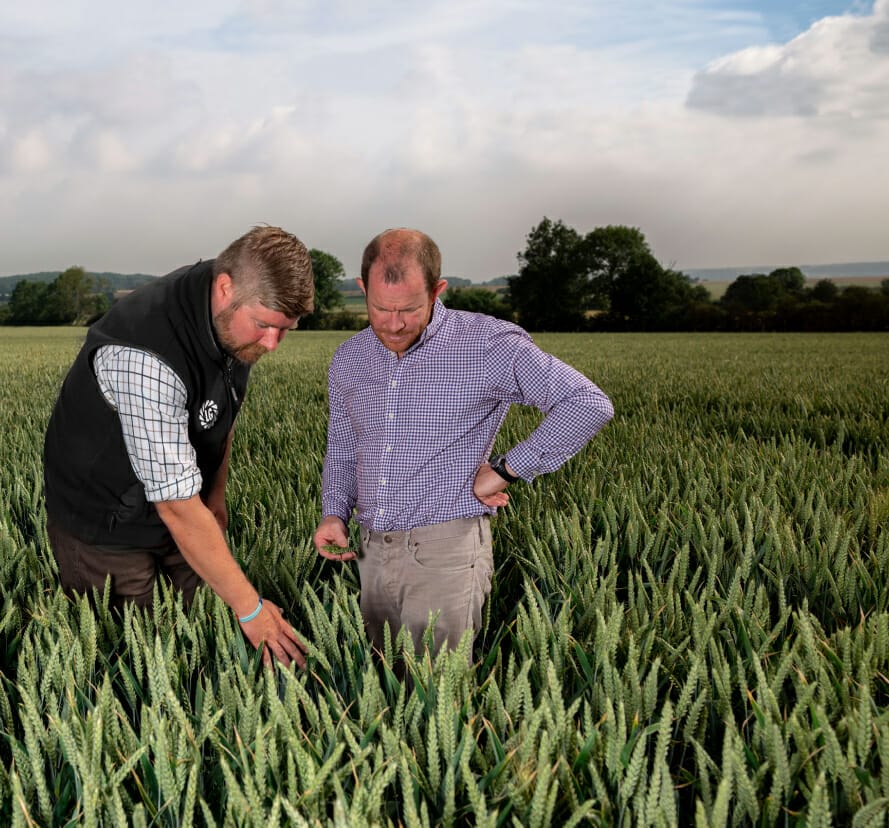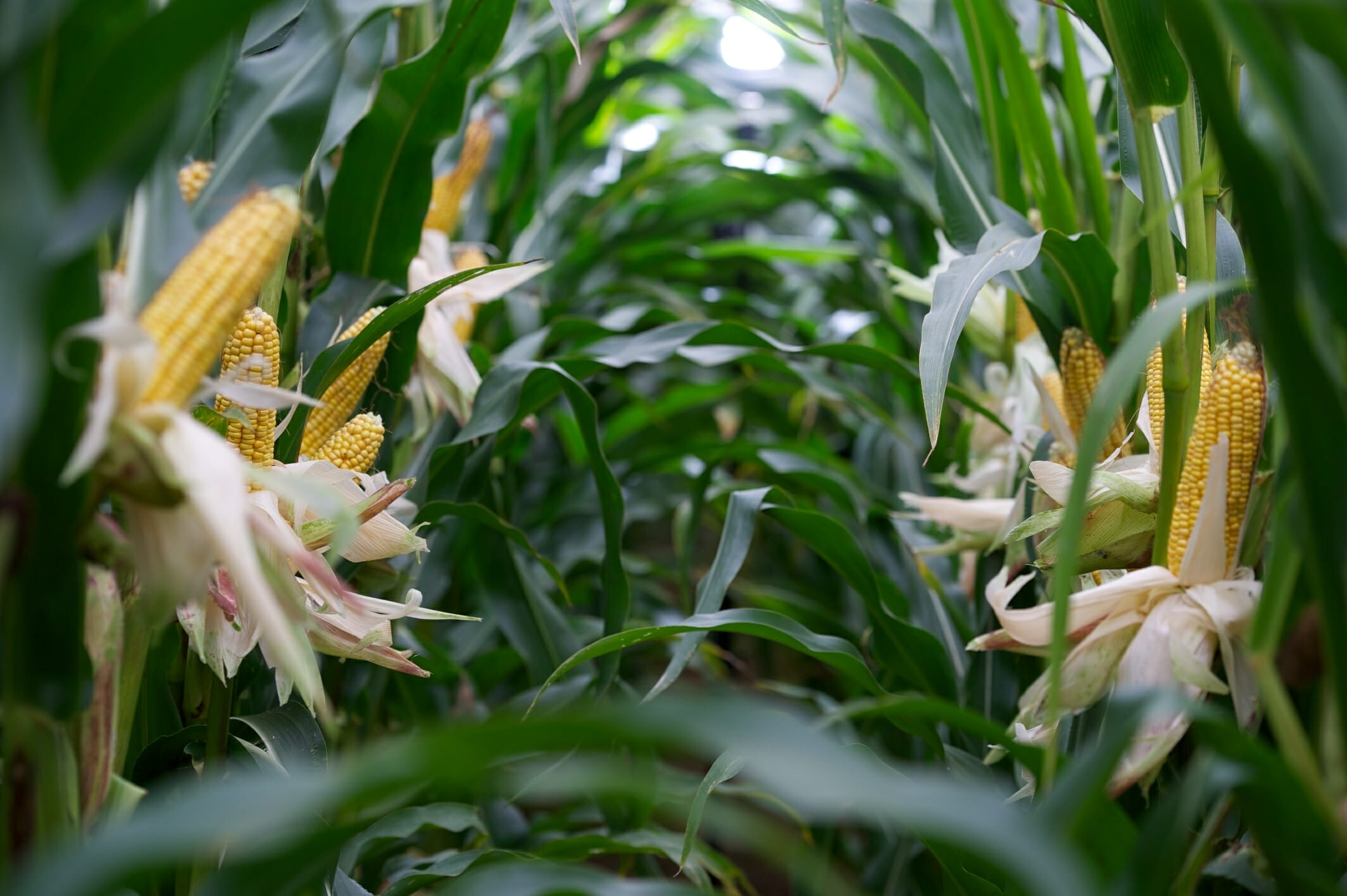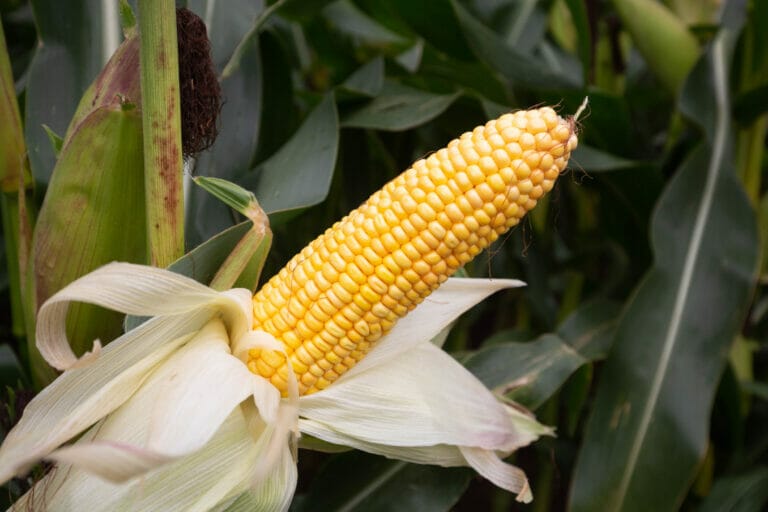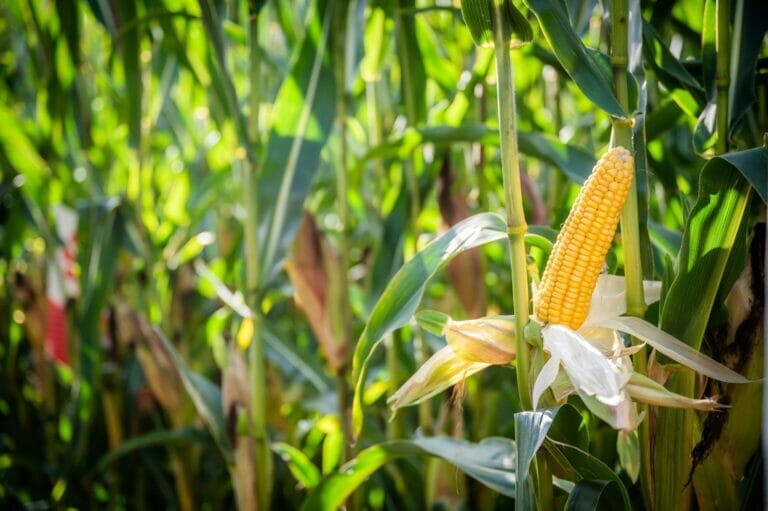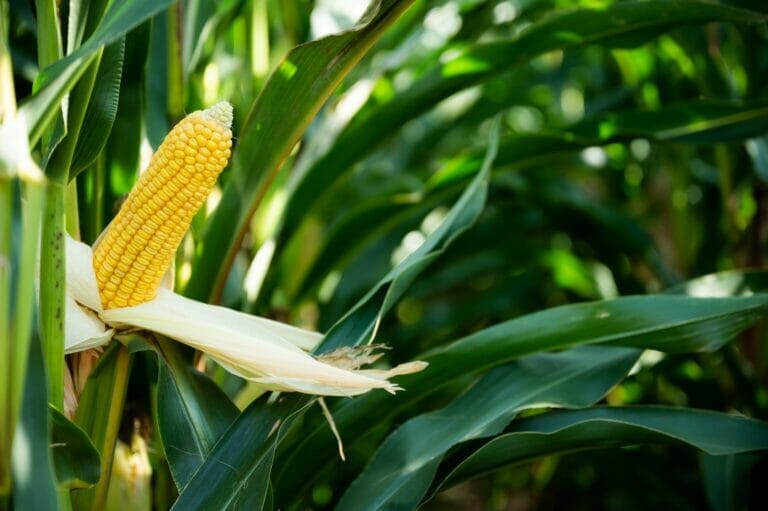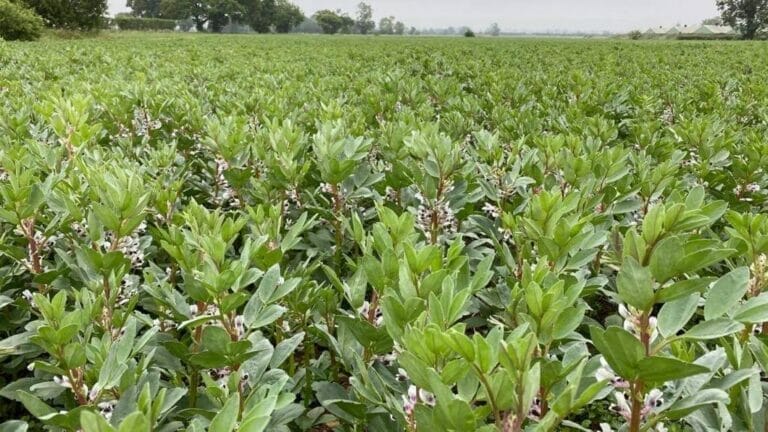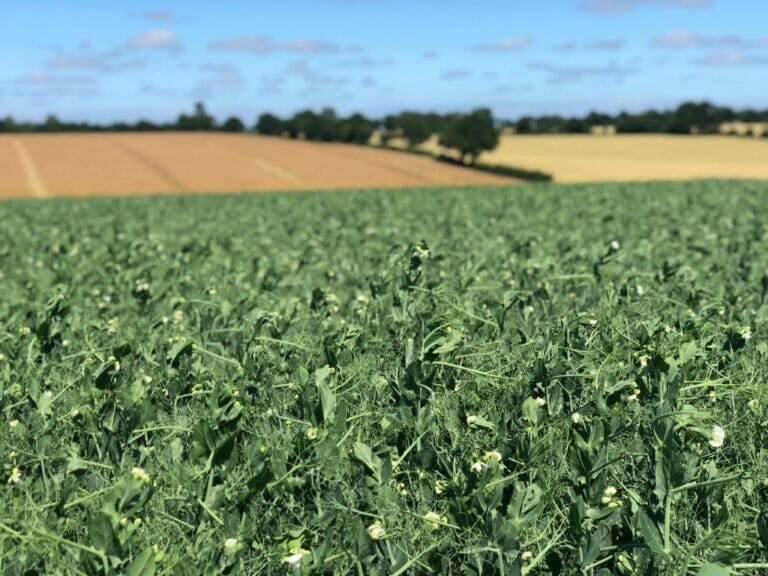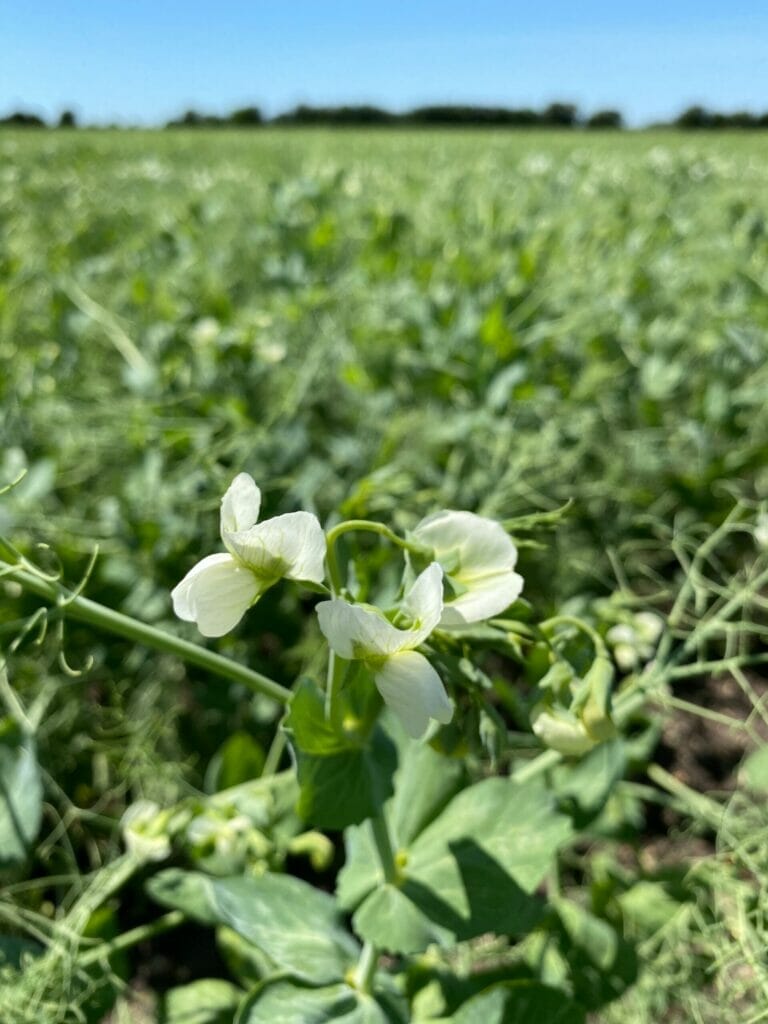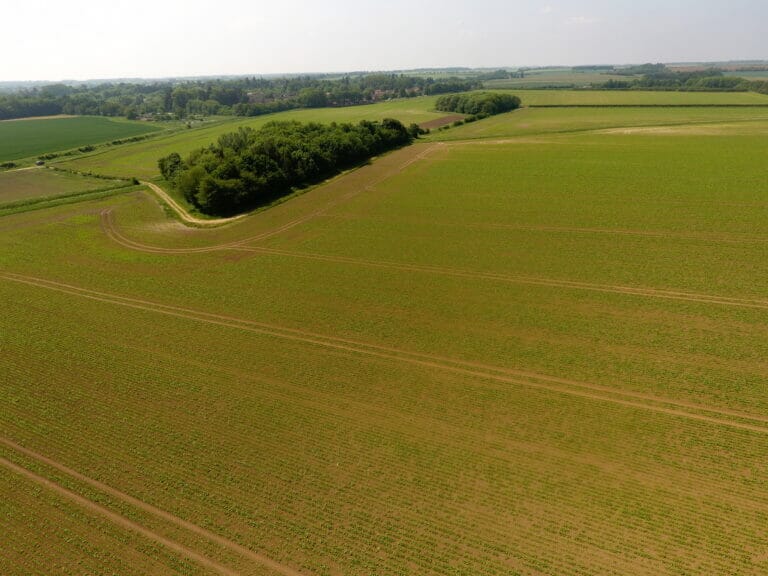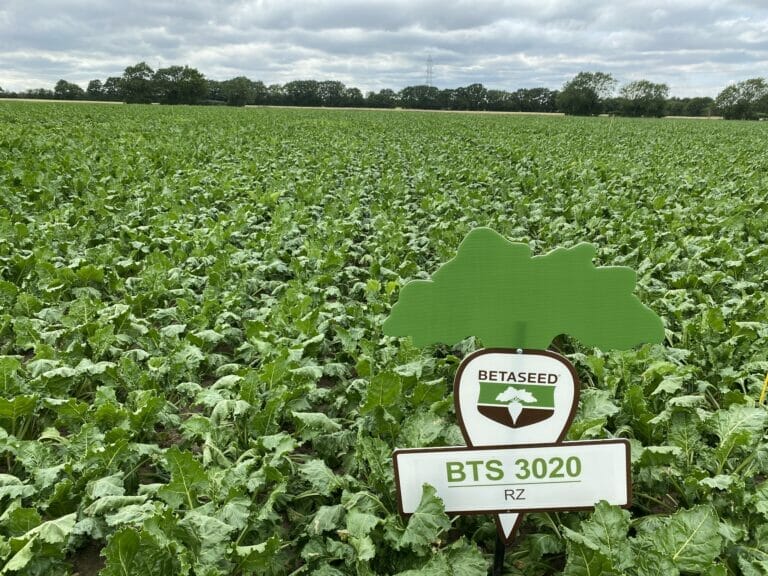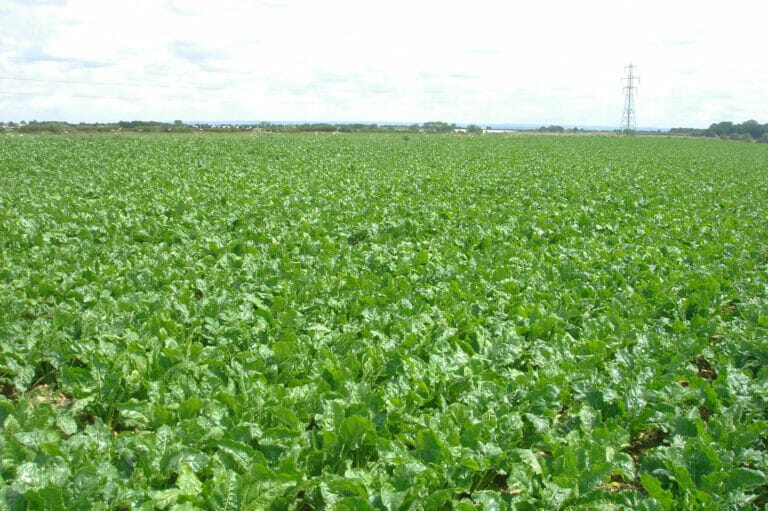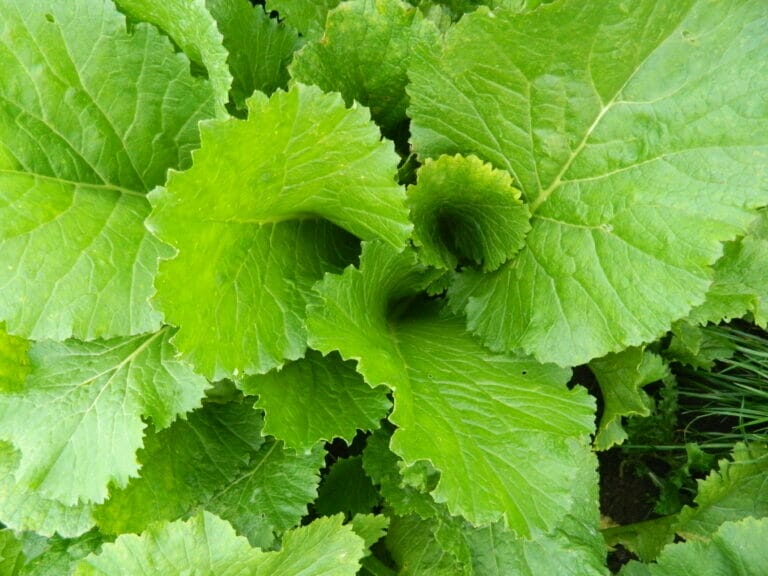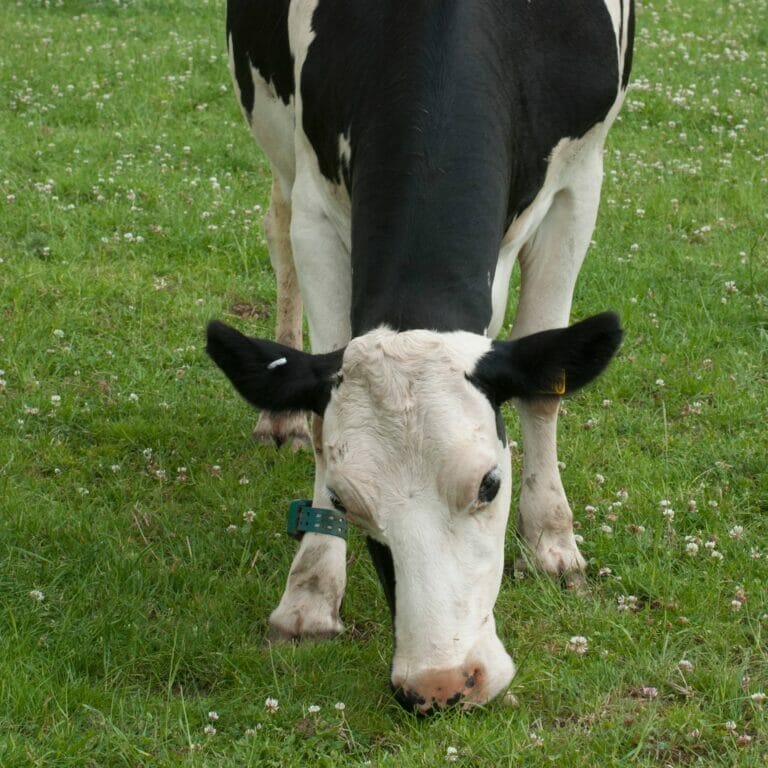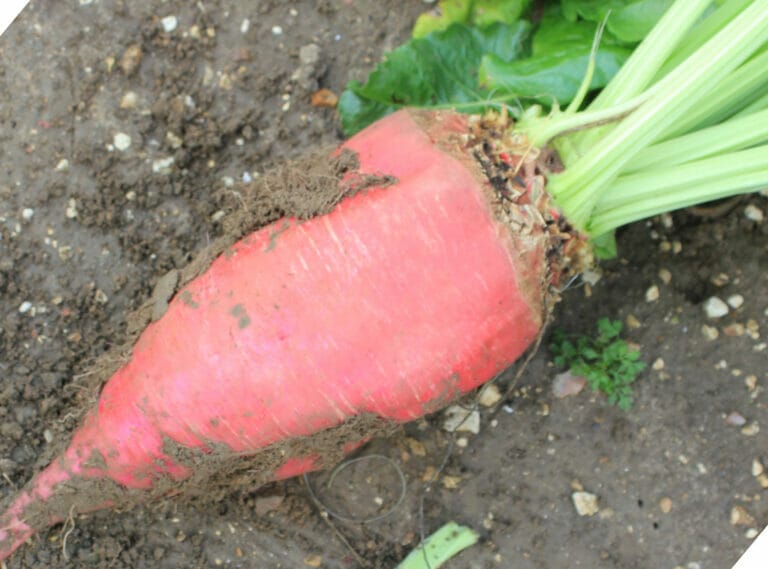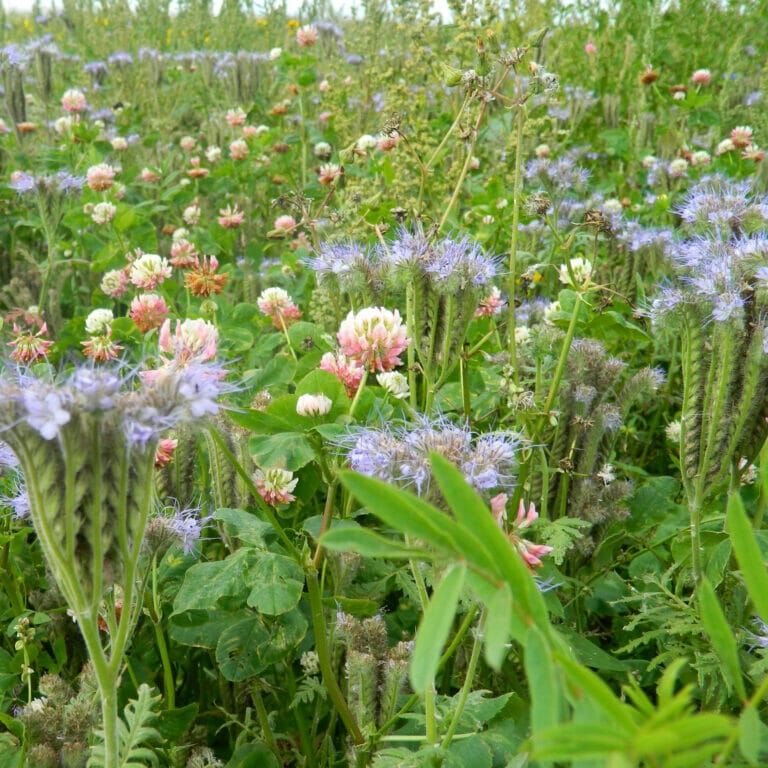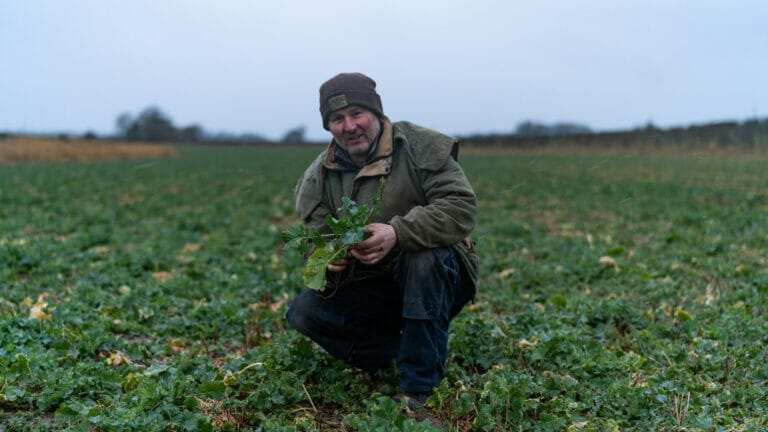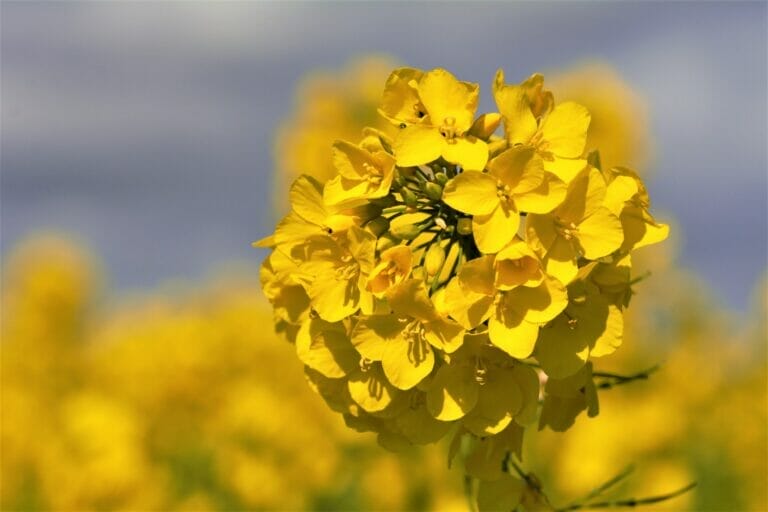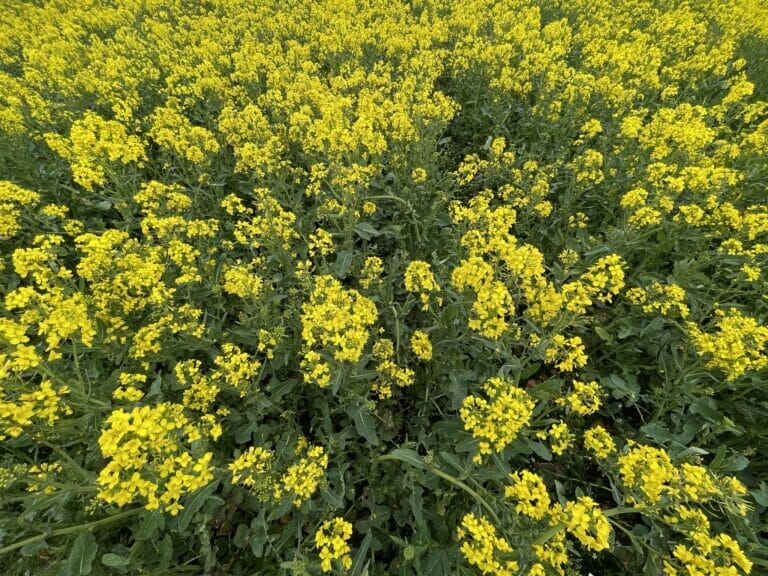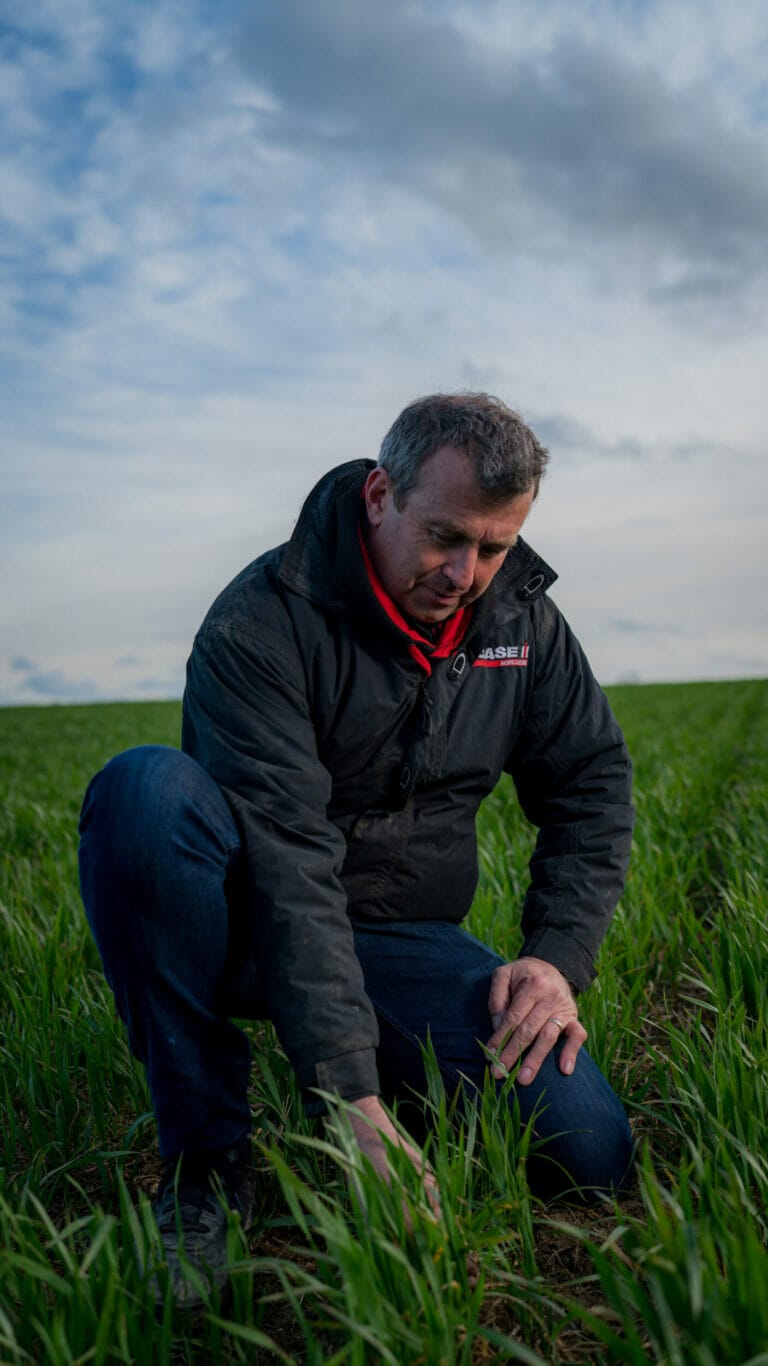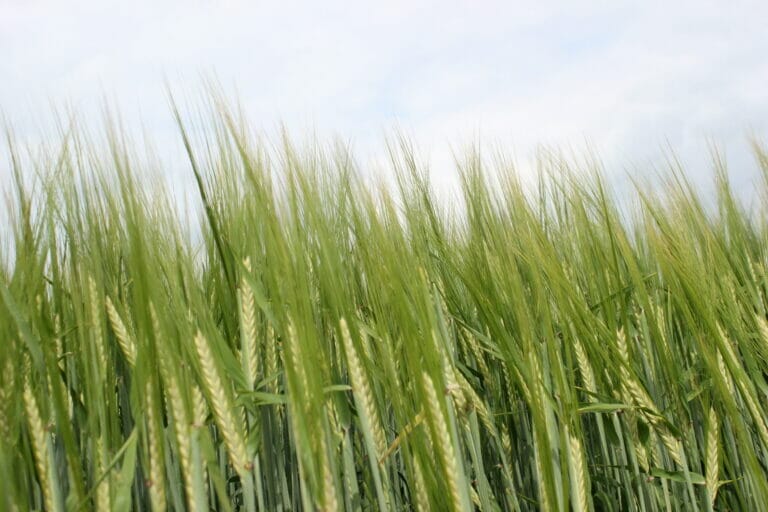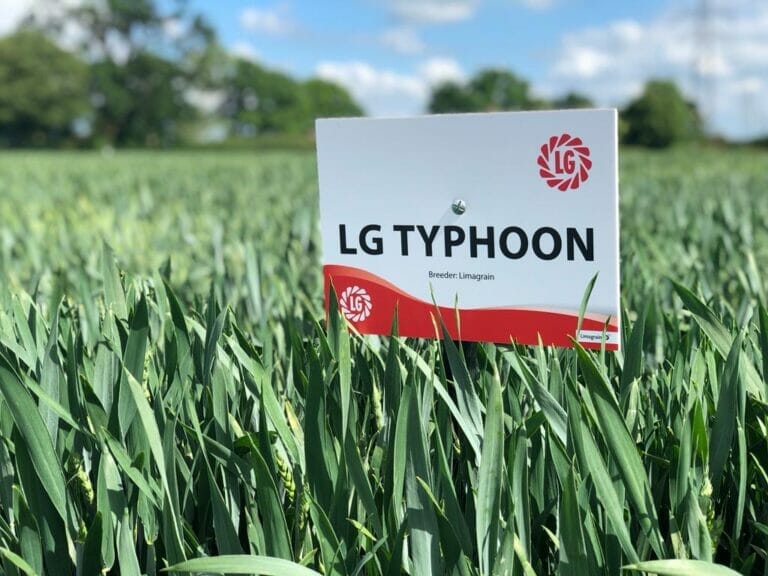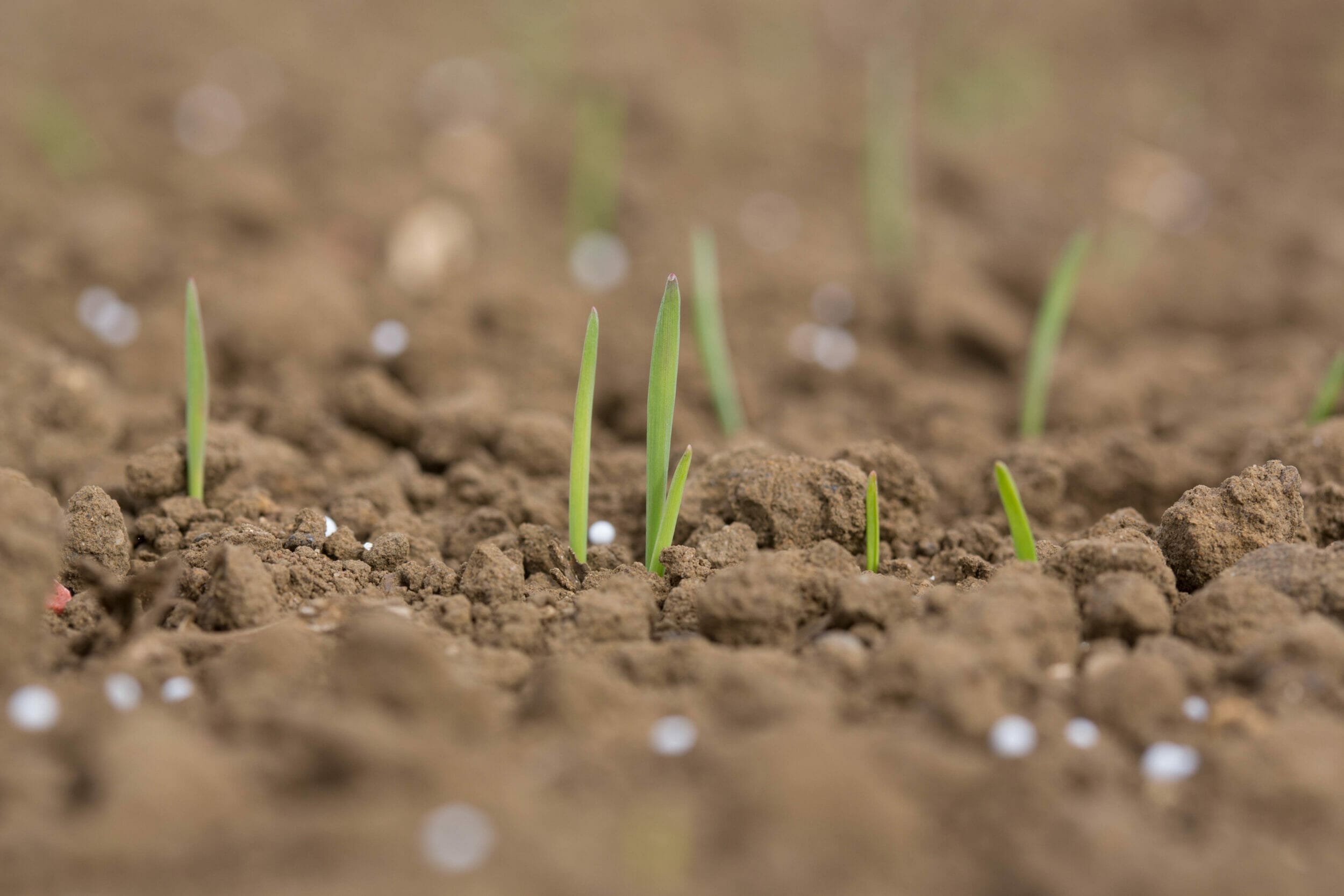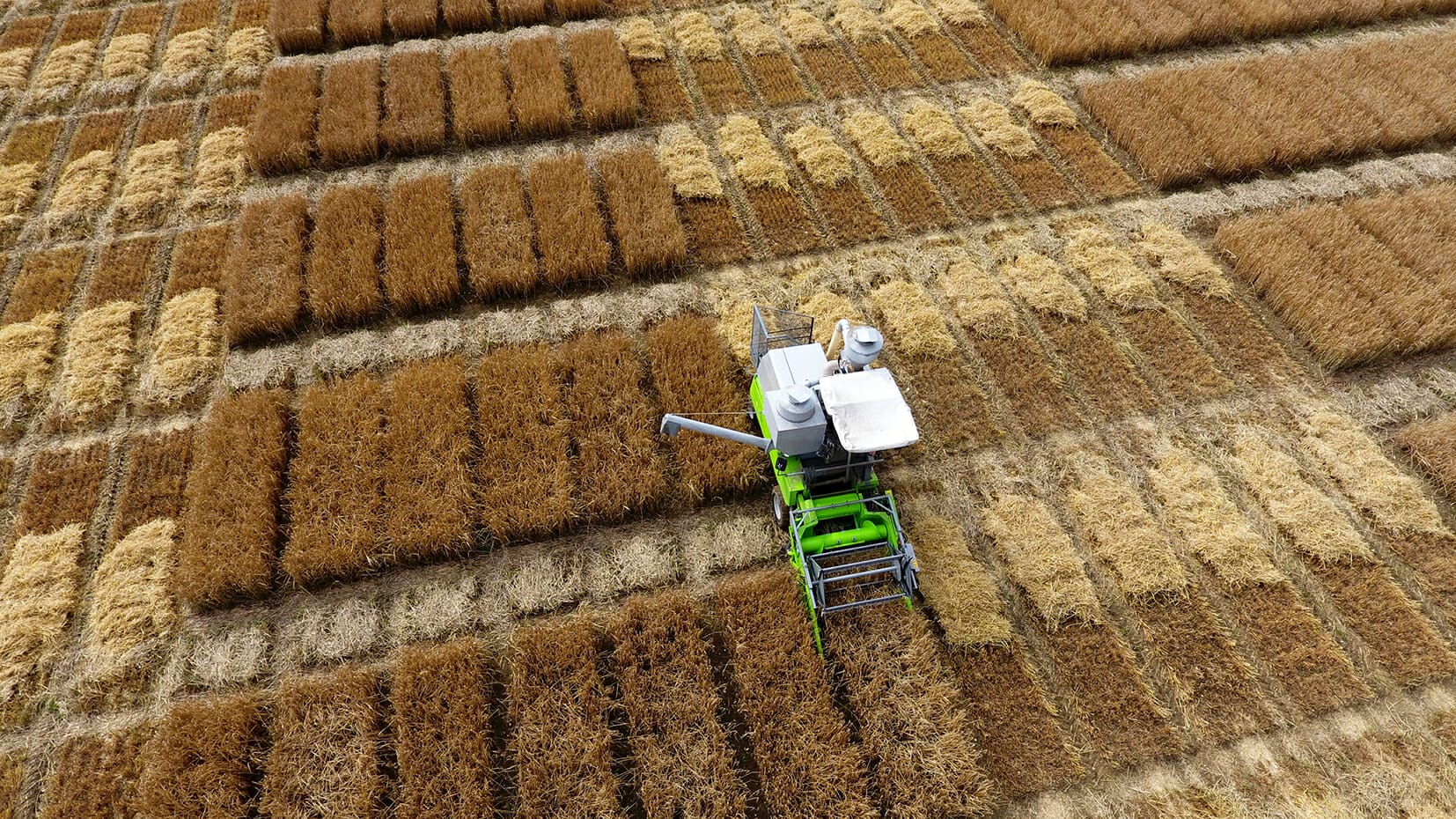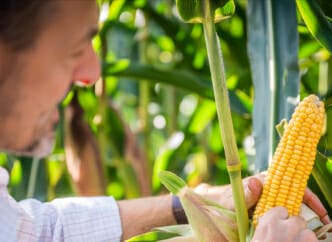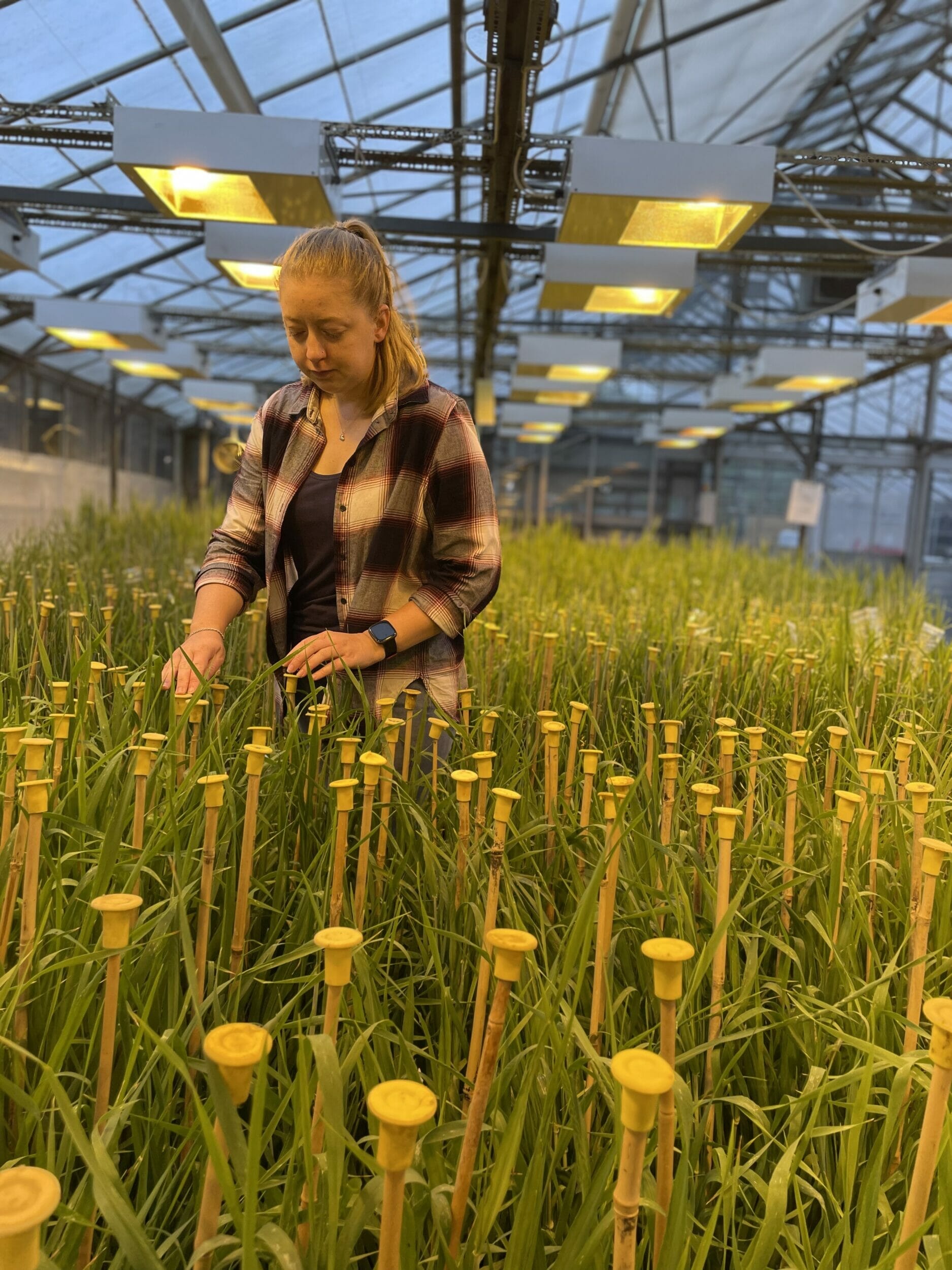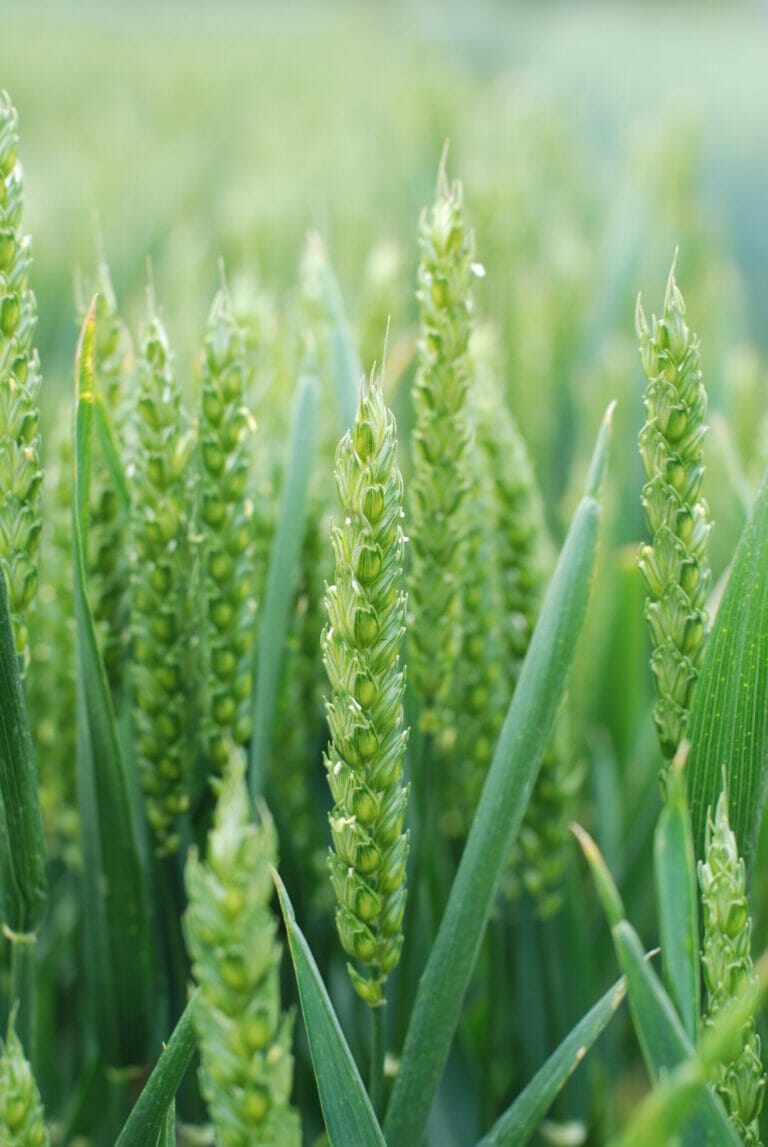
Can growers’ control BYDV with Insecticides?
As a result of recent neonicotinoid bans implemented by European legislation, key chemistry sets, such as Deter, have been withdrawn with major implications on the control of aphids.
Moderate levels of pyrethroid resistance are also widespread in grain aphid populations in the UK, so it is essential to follow resistance management guidance and to target chemical control carefully.
Growing BYDV tolerant varieties in conjunction with foliar insecticide sprays if aphid threshold populations are met, gives growers increased security for ensuring maximum yield potential on farm.
Is BYDV a top priority for the Limagrain Barley Breeding Programme?
Yes! Breeding for BYDV tolerance is a high priority for the Limagrain Winter Barley Programme, and is incorporated with key characteristics such as high yield potential, good grain quality and the agronomic characteristics of good disease resistance and straw strength.
Milder autumns are resulting in an increase in aphids and the number of generations per year; hence the need to select tolerant/ resistant varieties. We have identified a gene ‘RYD2’ with effective tolerance.
Can you explain the genetic tolerance?
The RYD2 gene reduces levels of susceptibility to the viral infection, so the plant will still get infected, but will tolerate the virus and grow normally with minimal yield loss.
Does Limagrain have varieties with BYDV tolerance, for commercial release in the near future?
Yes – Limagrain has already released commercial varieties both in Europe and the UK, such as the 6-row conventional variety, Rafaela, and will continue this focus within the UK Programme.

